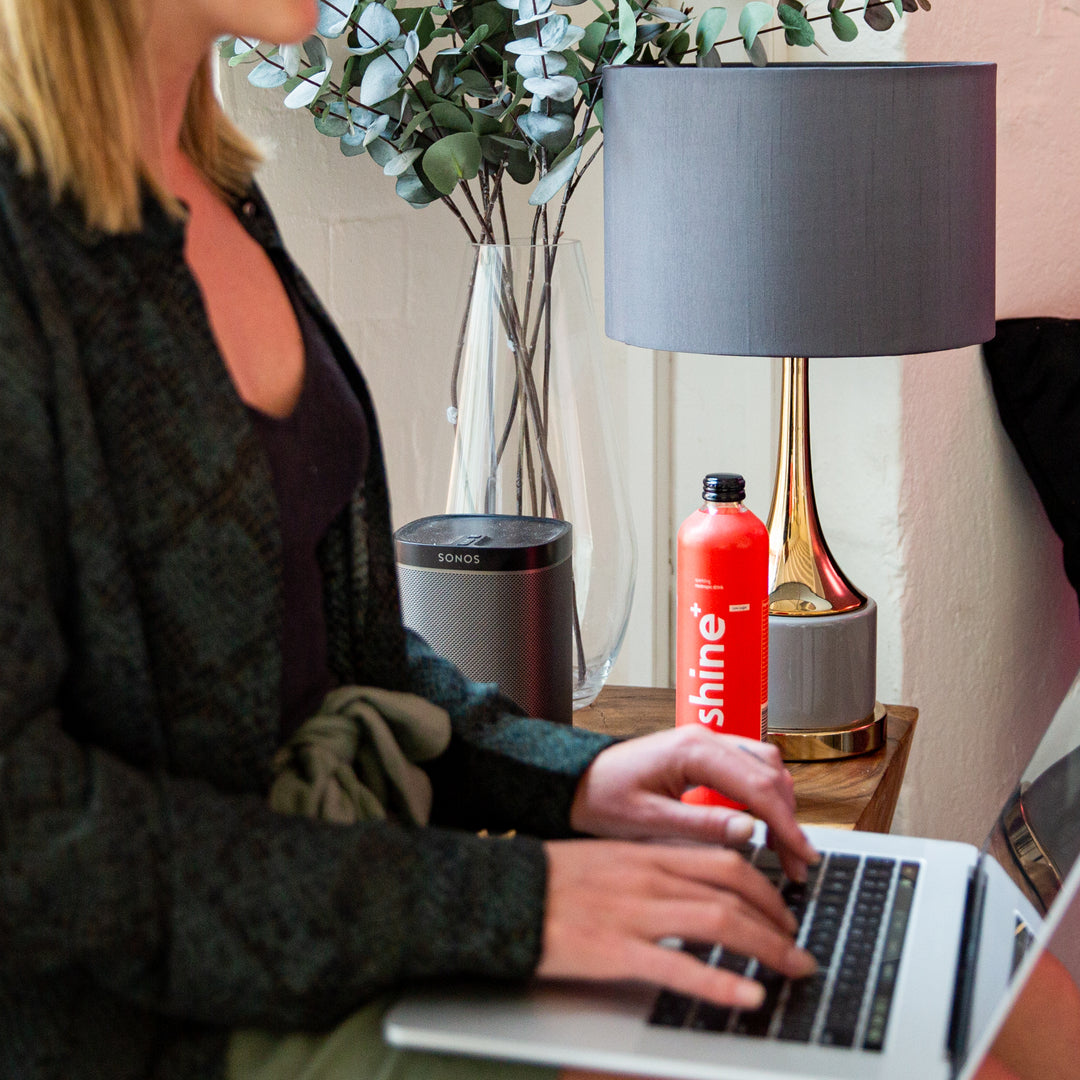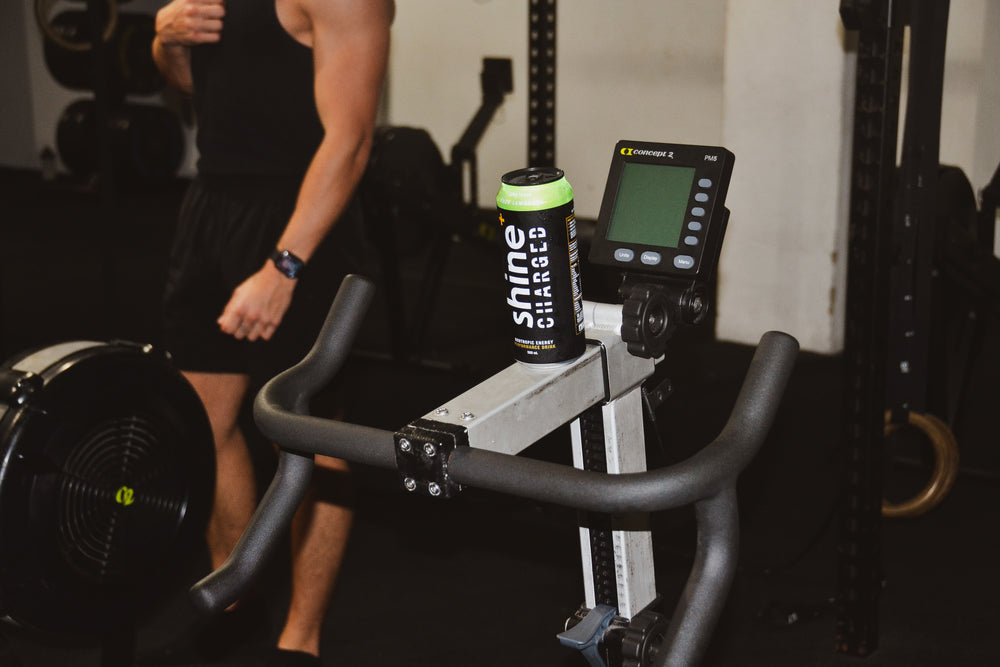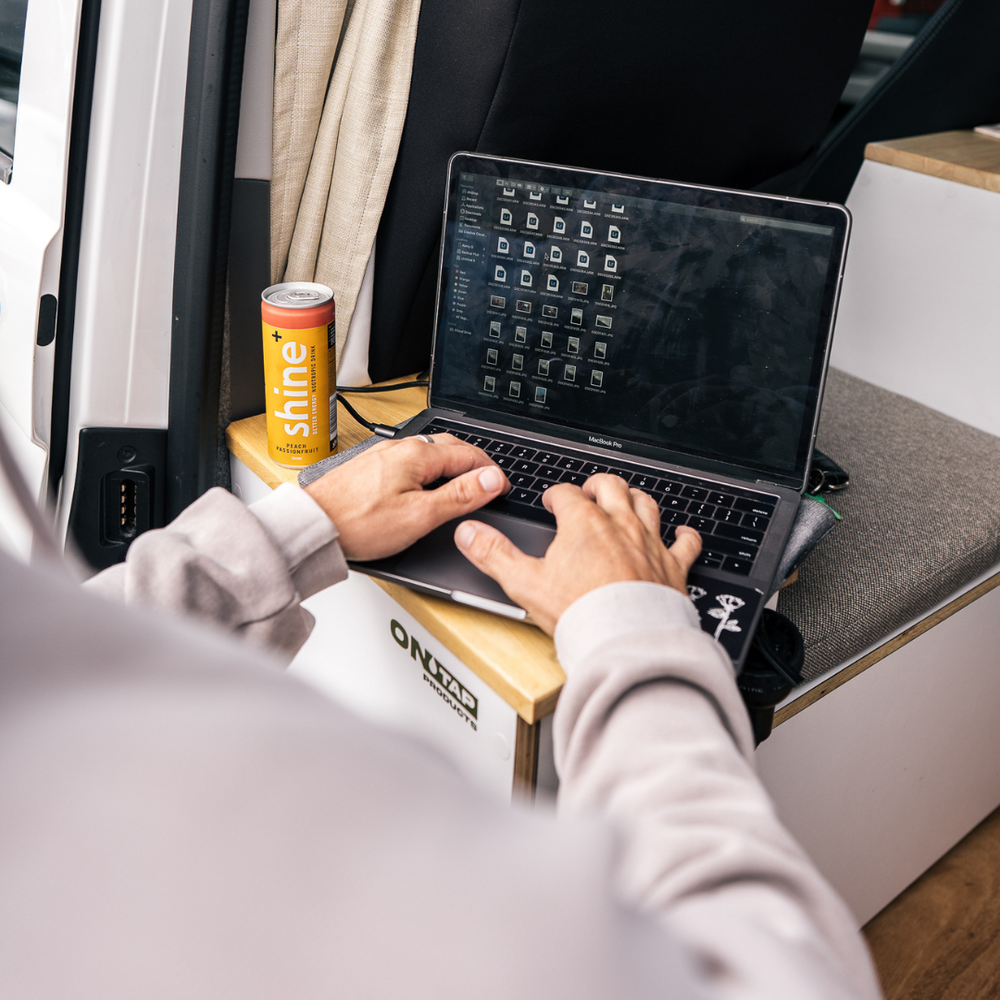TOP FIVE TIPS TO MAXIMISE YOUR STUDY TIME
I remember my first day of Year 11 when my teacher told us that we should be studying for two hours per day for every hour-long class we had if we wanted to pass our HSC. My mind started racing.
“So if I’m doing seven one-hour classes, I should be doing 14 hours of study. Wait, that’s a lot of hours. Who does this guy think he is? When will I have time to nap?”
As you probably gathered from my reaction, I didn’t follow my teacher's studying advice.
Since that day I’ve had many successes, as well as failures, when it’s come to sitting exams. Along the way, I have figured out what works and what really doesn’t work when studying. Here are just some of the tips and tricks I’ve come across to help optimise your study time and to ensure the effort you're putting in is effective.
Know your dominant learning style
Not everyone learns things the same way, nor is there one right or wrong way of learning. Some people find using one learning style effective, whereas others use several different styles depending on the task, it’s open to variation and what you feel works best.
The seven types of learning styles include visual, aural, verbal, physical, logical, solitary and social.
If you haven’t already found your learning style/s, a lot of it comes down to trial and error and drawing on your past experiences to determine which category you fit in.
Tune out distractions
Apparently I'm not the only one who can't stop the temptation of checking social media while studying. A whole bunch of tools have popped up over the last year, which actually allow you to block out distractions. Sites, such as Cold Turkey, Self Control, Stay Focused, Rescue Time and Freedom, all allow you to block certain sites for the amount of time you want. Plus, they’re free.
Check out Hack My Study’s guide to setting up each of these sites depending on what computer type you have. If that’s too much work and you’re on good terms with your willpower, then you could just simply put all your devices in another room for the duration of your study session.

Location, location, location!
This can really be the make or break of a good study session. If your brain is ready to go but your study space looks like a hoarder’s backyard, chances are it’s not going take long before your brain loses all it’s enthusiasm. Finding a well-lit space is the definitely way to go. Studies have also found that surrounding yourself with nature helps to boost productivity.
So next time you’re on a Kmart run, do yourself a favour and pick up some plastic plants to decorate your study space. Or, if you actually enjoy going outdoors, why not take your study session to the park.
It is also recommended that you don’t study in your bedroom as your mind associates the space with sleep and relaxing. But, if you’re like me and your room is the only place in your house that provides you with peace, then just make sure you set up space to study like a desk and avoid sitting on your bed as this WILL lead to nap time.
Having Breaks are A-Okay
Just as long as it’s not every five minutes.
The suggested time to take a break after sitting down for a long period of time is after 40 minutes to hour. Not only do regular breaks help you stay more alert and productive by giving your brain a rest, but they also allow your body to have a break too.
Sitting in the same position for long periods of time can have serious effects on your health and puts unwanted strain on your back (trust me I’ve been there). If you know you’ll have trouble remembering to take them frequently, just schedule some alarms.
Don’t forget to still have some fun!
All study and no play makes life appear more dull and stressful than it actually is. Don’t forget to give yourself a reward yourself for your hard work!
WORDS BY LAUREN SUTTIE










